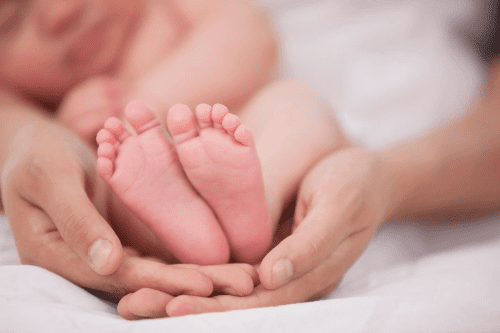Who should seek out a fertility evaluation and when?

Infertility is classically defined as the inability of a couple to conceive after one year of unprotected intercourse. Couples who meet that criteria are encouraged to consult with one of our physicians. There are other circumstances that warrant consultation sooner. Women who are 35 years of age or older should seek out an evaluation after six months of trying. Women with a family history of early menopause or premature ovarian failure should get an evaluation of their ovarian reserve as soon as possible. Same sex couples are missing either sperm or egg and will need help conceiving their own biological child. Women who have had two or more miscarriages should be evaluated for recurrent pregnancy loss.
An evaluation begins with a thorough history and targeted physical exam. Important topics to be discussed include:
- The regularity of a woman’s menstrual cycles.
- The amount of cramping/pain/bleeding a woman has with her menstrual cycle.
- Does it hurt to have intercourse?
- History of Pap smears and any treatment to the cervix for abnormal Pap smears
- History of sexually transmitted diseases (i.e. Chlamydia, gonorrhea, HIV, Hepatitis B or C) for either the female or male partner.
- History of previous pregnancies and any complications during those pregnancies.
- Has the male partner fathered any pregnancies and/or children?
- History of any medical problems. How are those problems being treated?
- What medications are you taking?
- History of any surgeries.
- Social habits such as smoking or drinking alcohol
- History of any prior testing with other doctors (i.e. your OB/Gyn).
- History of any prior infertility treatments (Clomid, injections, IUI, IVF).
After meeting with you, the physician will typically come up with a plan for further evaluation and treatment. Sometimes patients just need an evaluation to ease their mind. Our goal is to make you feel comfortable and cared for.

